Dear Reader,
Once again you’re doing that thing that’s most important, reading this literary journal. Some smart people say that print journals are a thing of the past, but I say–as I listen to a blue vinyl Radiohead album–not so mon frère. Those of us who love paper, who love words, who love the crack of a spine will always reach for a book. Not to disparage all the multimedia at our fingertips. I have a teenage son, I know what’s up with all that stuff, and I love being able to slip a tiny electronic device into my carry-on when I’m flying all over this blue marble. Sometimes all I need is to read a poem by someone whose voice I need to hear that day on that island or on that train. Read More >
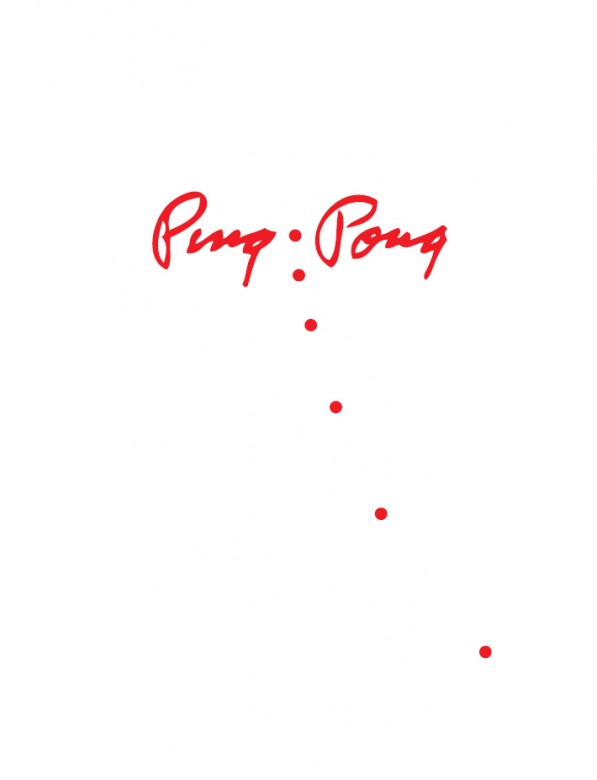
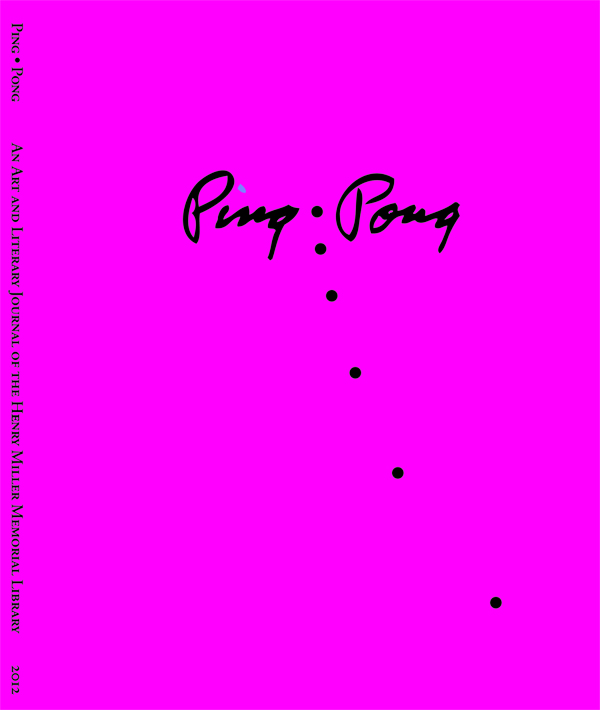
Dear Reader,
Thank you for picking up this magazine. Inside you will find a world of wonders. If you are like most people you will flick through and look at the art first. We are proud to feature gallery prints from iconic photographer Kim Weston. The art editor and I met Kim a few years ago at the Henry Miller Library over dinner, and have been trying to get his beautiful photographs in our magazine ever since. It is thanks to the dogged tenacity of River Tabor that we are able to feature work by an astounding member of the Weston dynasty. Read More >
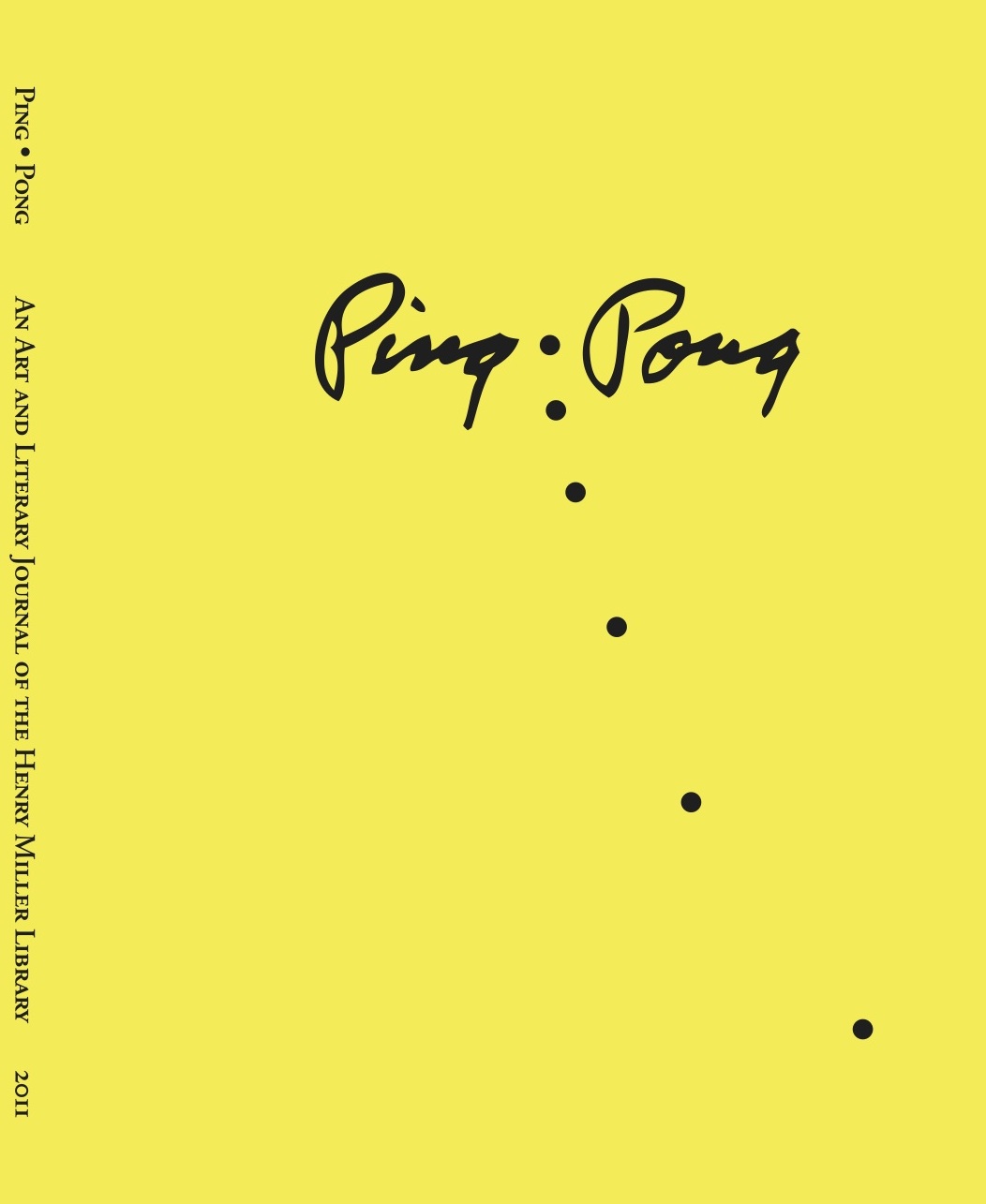
Dear Reader,
If you are reading this you are already doing the thing most desperately needed by artists: supporting them. At the Henry Miller Memorial library we are dedicated to supporting free speech, enhancing our global dialogue through the arts, and maintaining a space where redwoods can continue to suck water from the air and live. Read More >
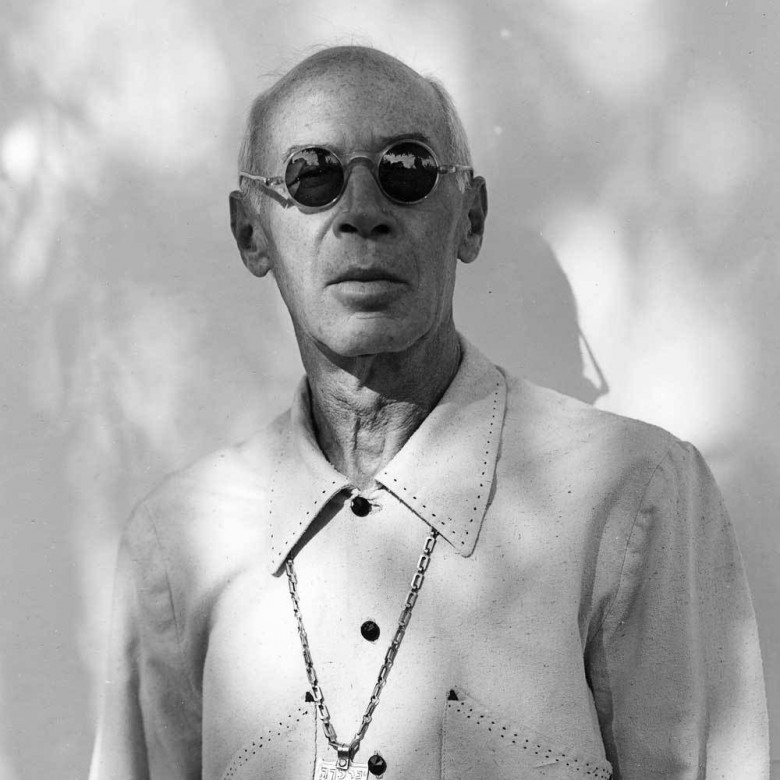
Dear Reader,
This issue marks our fourth offering of Ping-Pong. It is as singular as those in years’ past. We remain committed to publishing the best of what’s out there while maintaining our artistic bent. We publish those works embodying the spirit of Anaïs Nin and Henry Miller. We are also honoring the legacy of the Henry Miller Memorial Library which has as its raison d’etre a commitment to artists way out on the cliff’s edge. Read More >
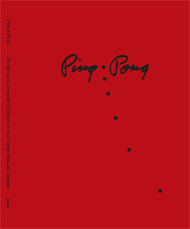
Dear Reader,
I am finally, in 2009, full of that dopiest of emotions: hope. That is not to say that the artists contained herein are offering you hope, though there is always something to hope for even when one finds oneself at the bottom of a steep, sheer-faced climb. The honesty of these offerings creates a sense of something beautiful one can recognize, even if it’s the prism of an oil slick reflecting off a sea-tossed stone. Read More >
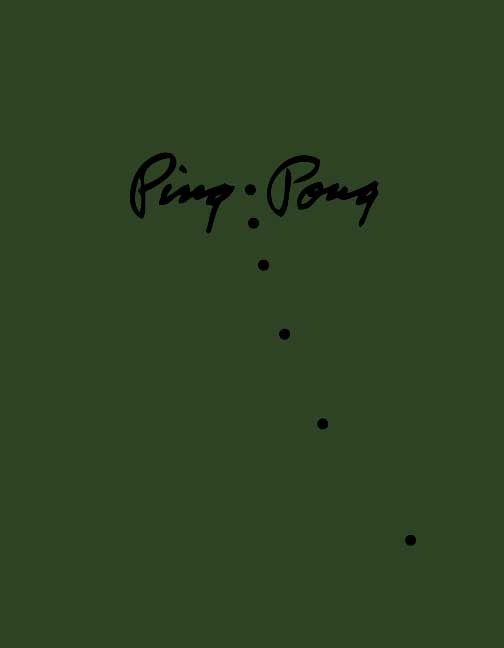
Dear Reader,
I was thinking about the amazing artists in this issue and what it says about the culture we live in right at this moment. This year we have letters written from Sudan by Brandi Walker. She has devoted her life to creating programs to eliminate gender-based violence as a tool of war in conflict areas by empowering the female victims to create their own frameworks for rebuilding their lives and their countries. In order to eliminate violence against women we also have to recreate the gender norms that perpetuate it in every country. This summer she heads to Panzi Hospital to work with Dr. Mukwege in the Congo. Read More >
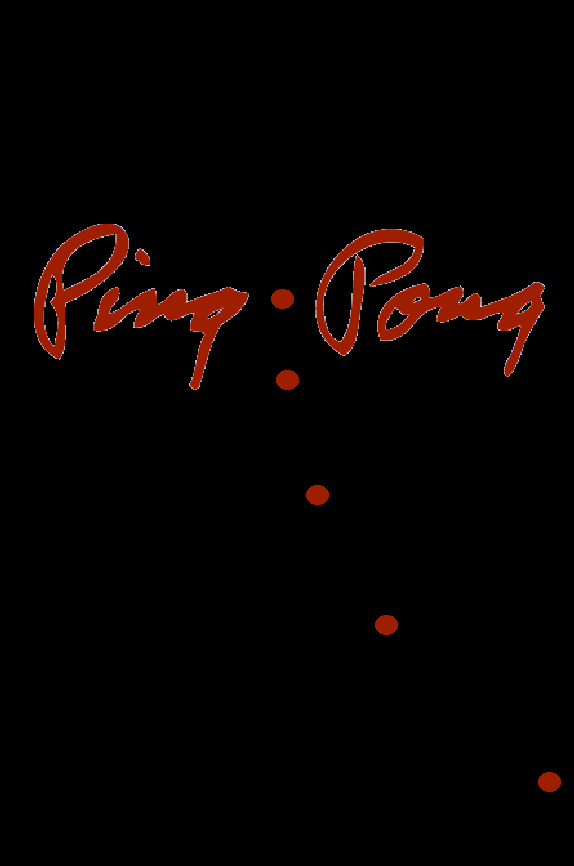
Ping-Pong Magazine, Henry Miller Library, Big Sur, California
Dear Reader,
I am writing at the end of an amazing year. What you are holding in your hands is the culmination of an idea which began in a little cabin next to the Pacific where Henry Miller’s best friend, Emil White, decided Henry’s work was worth a memorial.
Henry Miller wrote volumes and volumes of letters, some of which are archived at the library. He was, if nothing else, prolific. This got me thinking about writers and writing. Why do we do it? Who will see it? Does it matter? Anais Nin’s unexpurgated diaries were published posthumously, as well as most of Emily Dickinson’s poems. A writer, it seems to me, is an artist who will write whether anyone ever sees it or not: this is secondary to the form. Some writers are published in spite of themselves, by people who believe that what they have to say needs to be heard. Others struggle for years to get their work into the public eye, only to be shut out by mainstream publishers who are becoming more and more homogeneous. Read More >
